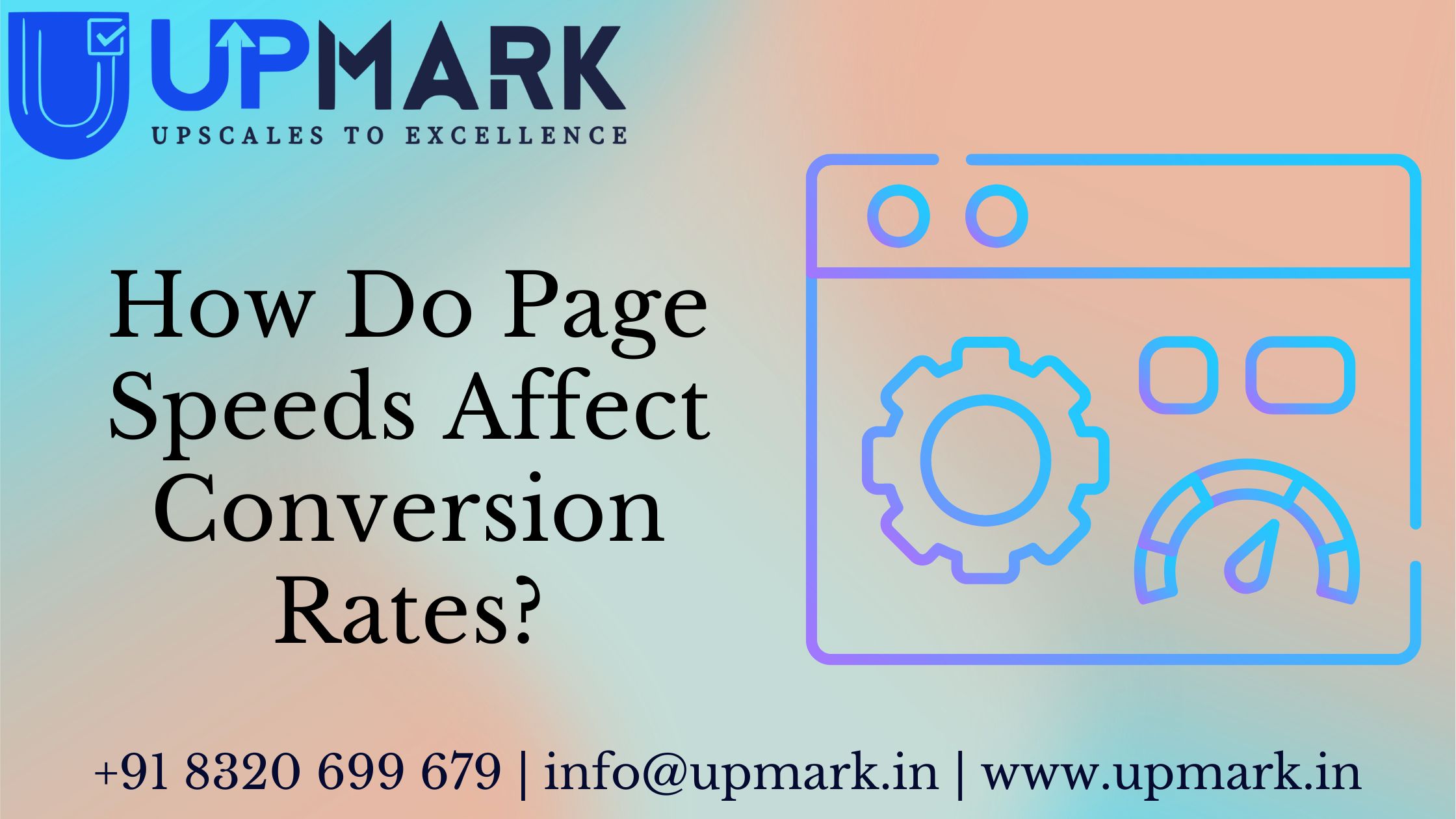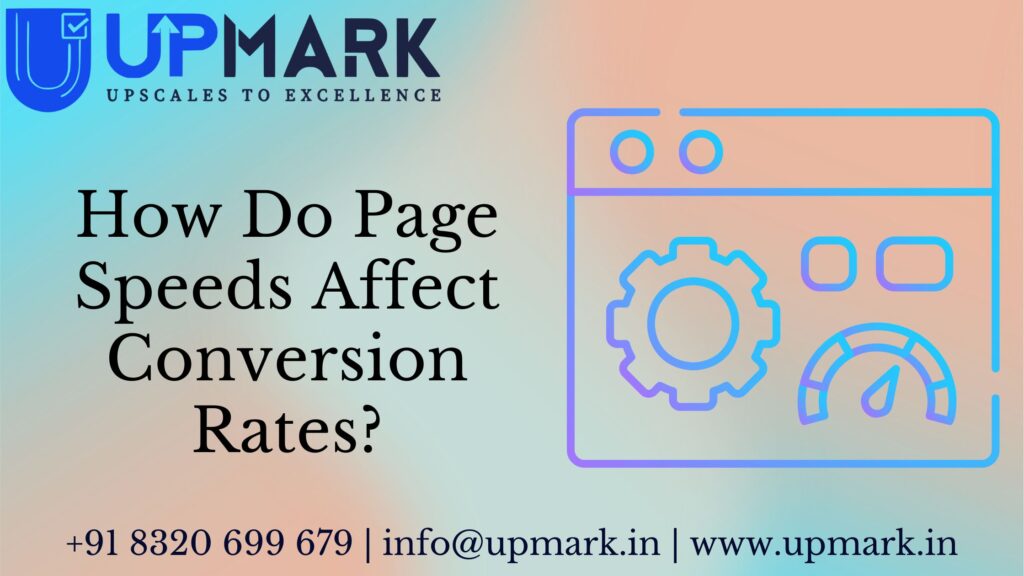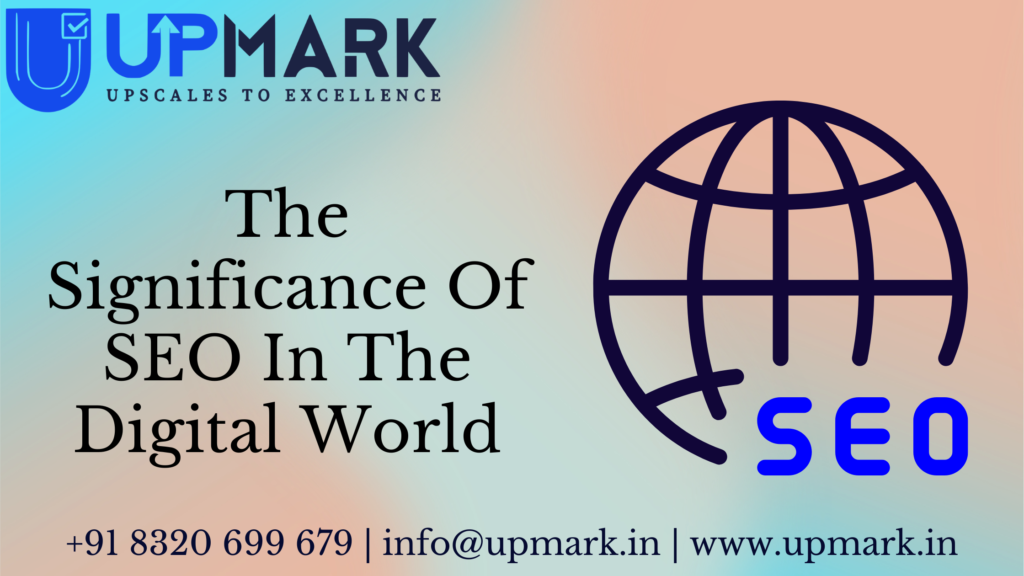Page speed has become a crucial issue that affects user experience and website performance in the rapid online world. It is crucial to optimize page performance because people’s attention spans are getting shorter and competition on the internet is getting stronger. With the help of digital marketing institutes in Ahmedabad, we will examine the major impact that page speed has on conversion rates in this detailed blog.
Understanding Page Speed:
Page speed refers to the time it takes for a web page to load completely. It is measured in seconds and plays a crucial role in determining user satisfaction and engagement.
User Experience:
User experience is strongly impacted by page speed; pages that load slowly have greater bounce rates and lower user engagement. Users expect speedy website loading, and any wait may cause them to become upset and leave.
Mobile Optimization:
It’s critical to optimise pages for mobile users due to the widespread use of mobile devices. Mobile users get impatient with slow-loading websites because they are frequently on the go. Websites optimised for mobile devices and having quick load times have higher user retention and conversion rates.
Search Engine Ranking:
Another important ranking element for search engines like Google is page speed. Websites that load more quickly are given preference in search results, which increases their exposure and organic traffic. On the other hand, pages that load slowly could be penalised in search results, which would reduce their visibility and conversion chances.
Effect on Rates of Conversion:
Research shows a clear relationship between conversion rates and page speed. Higher conversion rates have been linked to pages that load more quickly, while lower conversion rates are observed on pages that load more slowly. When a website loads quickly and efficiently, users are more likely to complete desired tasks, such as making a purchase or filling out a form.
Rates of Abandonment:
Because users are more inclined to leave a website if it takes too long to load, slow-loading pages can result in greater retention rates. Conversion rates may suffer as a result, since potential consumers can give up on their purchase or inquiry before carrying out the intended activity.
Revenue Loss:
In addition to negatively affecting user experience and conversion rates, slow page speed can cause companies to lose an enormous amount of cash. Studies have indicated that a little one-second lag in page load speed might result in a noteworthy reduction in both revenue and conversions.
Optimization Strategies:
Businesses can use a range of optimisation techniques to increase conversion rates and improve page speed. These could include using content delivery networks (CDNs), using browser caching, optimising photos and videos, and reducing CSS and JavaScript files.
Conclusion
One important element that can have a big impact on conversion rates and the functionality of a website as a whole is page speed. Enroll yourself in the best digital marketing institutes in Ahmedabad and master your skill. Optimizing page performance needs to be a primary focus for companies looking to enhance their online presence and increase conversions. Businesses may improve user experience, boost conversion rates, and ultimately accomplish their digital marketing objectives by realizing the significance of page speed and putting optimization techniques into practice. Do you have trouble optimizing your pages for speed? Post your ideas and personal stories in the comments section below!





